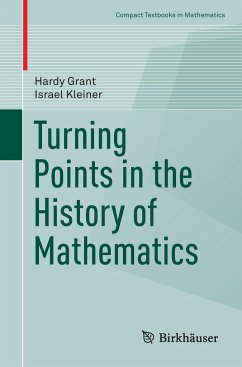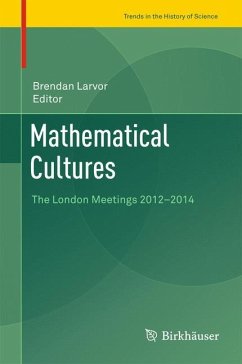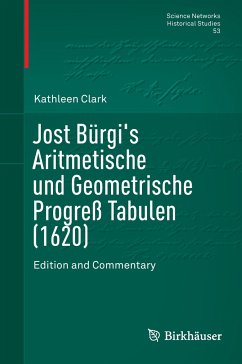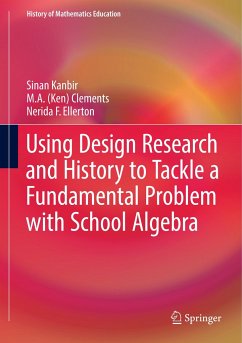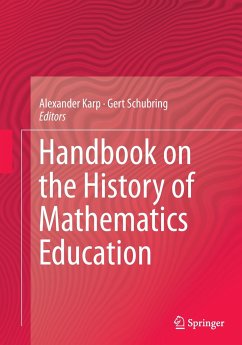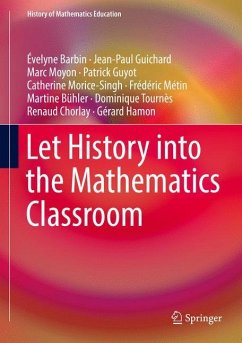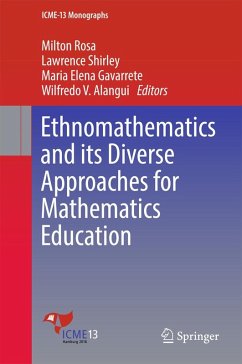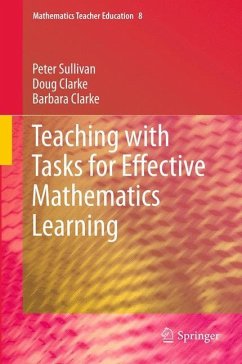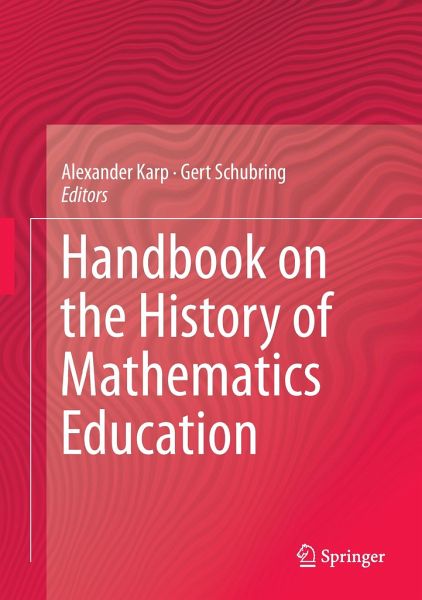
Handbook on the History of Mathematics Education

PAYBACK Punkte
125 °P sammeln!
This is the first comprehensive International Handbook on the History of Mathematics Education, covering a wide spectrum of epochs and civilizations, countries and cultures. Until now, much of the research into the rich and varied history of mathematics education has remained inaccessible to the vast majority of scholars, not least because it has been written in the language, and for readers, of an individual country. And yet a historical overview, however brief, has become an indispensable element of nearly every dissertation and scholarly article. This handbook provides, for the first time, ...
This is the first comprehensive International Handbook on the History of Mathematics Education, covering a wide spectrum of epochs and civilizations, countries and cultures. Until now, much of the research into the rich and varied history of mathematics education has remained inaccessible to the vast majority of scholars, not least because it has been written in the language, and for readers, of an individual country. And yet a historical overview, however brief, has become an indispensable element of nearly every dissertation and scholarly article. This handbook provides, for the first time, a comprehensive and systematic aid for researchers around the world in finding the information they need about historical developments in mathematics education, not only in their own countries, but globally as well.
Although written primarily for mathematics educators, this handbook will also be of interest to researchers of the history of education in general, as well as specialists incultural and even social history.
Although written primarily for mathematics educators, this handbook will also be of interest to researchers of the history of education in general, as well as specialists incultural and even social history.




